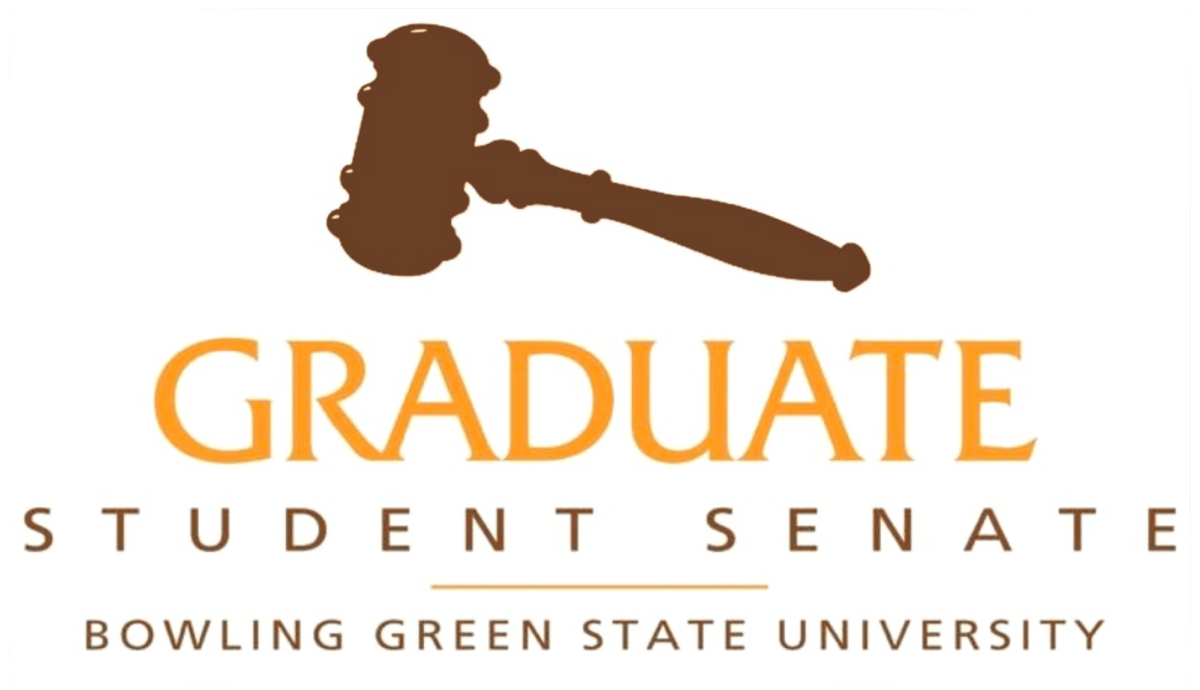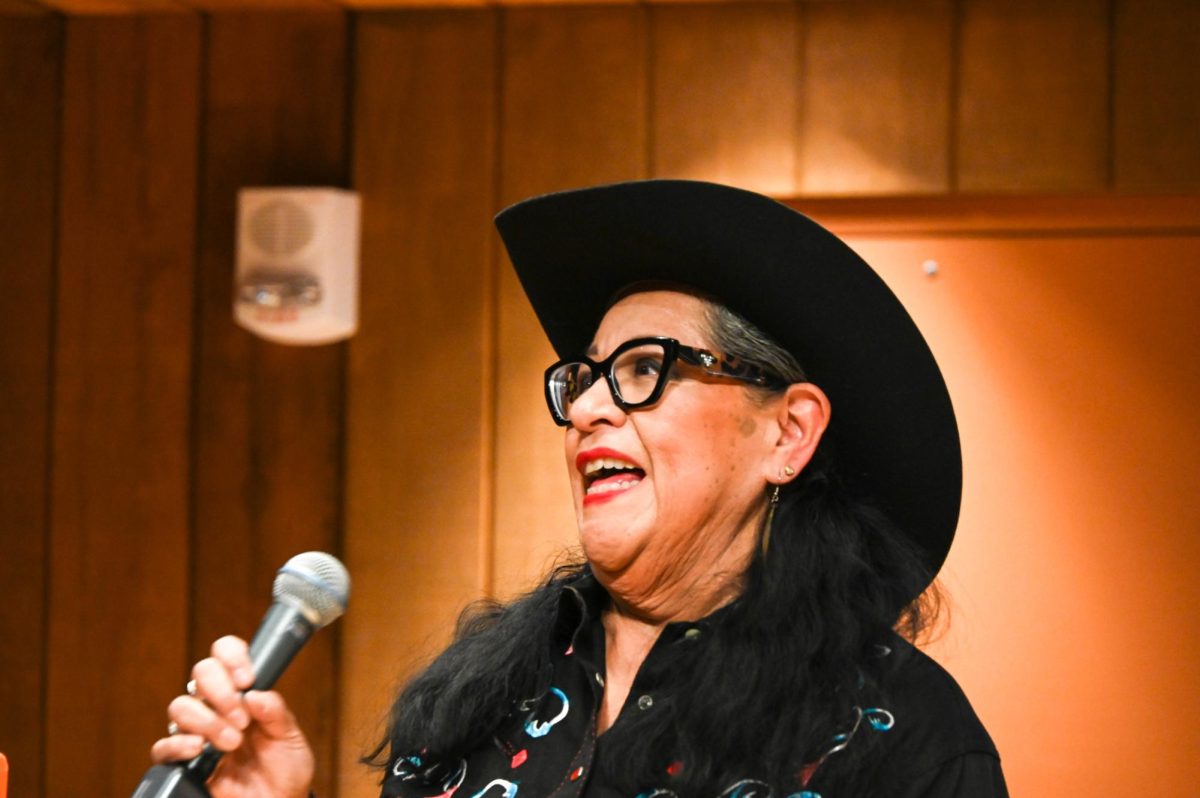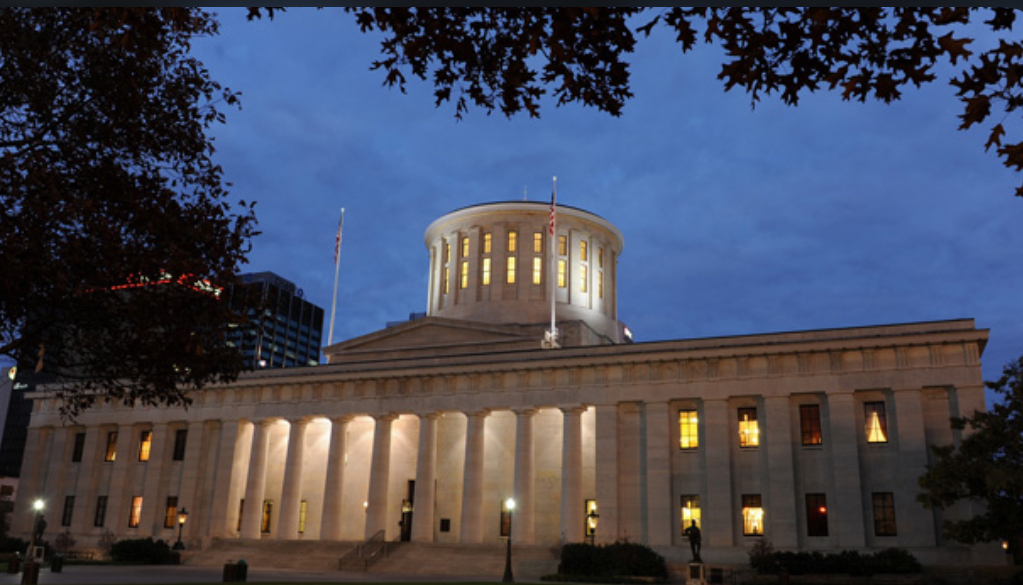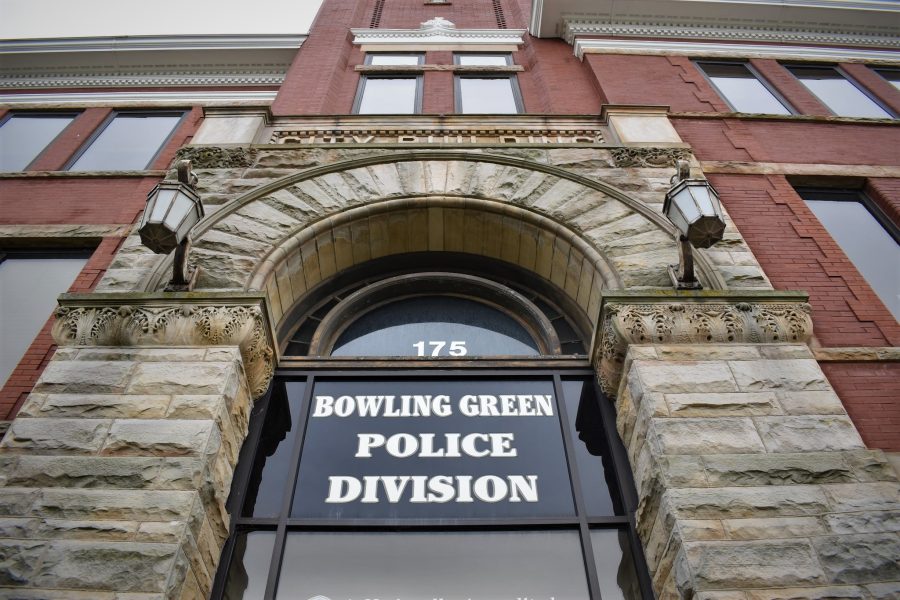According to recent proposed legislation, federal and state governments are moving towards banning diversity, equity and inclusion (DEI) programs in federal and higher education sectors. This could lead to scholarships, funding and multicultural organizations being cut.
In his first week in office, President Donald Trump issued a series of executive orders targeting federal DEI programs. On Feb. 12, the Ohio Senate passed Senate Bill 1, which if passed by the Ohio House of Representatives and Governor Mike DeWine, will ban DEI programs in Ohio higher education.
If DEI is banned on the federal level, agencies will lose money, trainings and staff. In a memo released by the U.S. Department of Education on Friday Feb. 14, they stated schools could no longer have scholarships, among other things, based on race. Schools were given fourteen days to eliminate the use of race in these decisions.
“Federal law thus prohibits covered entities from using race in decisions pertaining to admissions, hiring, promotion, compensation, financial aid, scholarships, prizes, administrative support, discipline, housing, graduation ceremonies, and all other aspects of student, academic, and campus life,” as stated in the memo.
The Political Action Chair for the Black Student Union (BSU), junior political science major, Jayden Isaacs sees a decrease in enrollment as a possibility if DEI is banned.
“I can definitely see that [decrease in enrollment] happening, especially if students of color who may receive scholarships that are focused on their ethnicity, it could be really hard for them to seek funding to attend college or a university,” Isaacs said. “But also if people don’t feel a sense of belonging at their university, it could also be hard to find a connection to the school.”
Along with Isaacs, Ethnic Studies Professor Thomas Edge agrees that with a lack of scholarships based on diversity, saying it will be harder, financially, for some students to attend university.
“This not only applies to scholarships based on race or sex, but first-generation college students and students from poor and working-class families,” Edge said.
In addition to scholarship, Edge fears the elimination of DEI could get rid of Federal TRIO Programs which help students who come from a disadvantaged background.
“Within TRIO, programs like Upward Bound, Student Support Services, and the McNair Scholars Program cater to specific constituencies, helping them adjust to college life, preparing them for the rigors of a university education, and giving them additional support throughout their educational journeys. Broad definitions of DEI may eliminate those valuable services,” Edge said.
With the ban, everything is a possibility. This leaves students like Isaacs fearing the unknown that could leave a lasting impact.
“What are the possibilities? Could my scholarships be taken away? Could I no longer be provided with a safe space? There’s a whole bunch of possibilities and a whole bunch of unknown questions. So I think a lot of us are just at the point of waiting to see what’s going to happen,” Isaacs said.
Since the executive orders were enacted, the University of St. Thomas Minnesota lost a $6.8 million federal government grant that went toward student scholarships.
Senate Bill 1 was passed in the Ohio Senate with a 21-11 vote. It now moves to the Ohio House of Representatives and if passed there, it will end up on Governor DeWine’s desk. Once he signs it, it will become a law banning DEI programs in Ohio.
Senate Bill 1 impacts many educational sectors, especially public universities like BGSU. If this is passed, diversity and inclusion efforts will be halted, there will be guardrails set up around classroom discussion pertaining to diversity and it could stop diversity-driven scholarships in the state of Ohio and more.
Following the bill’s passing in the senate, BGSU President Rodney Rogers released a statement on Tuesday Feb. 18.
“We simply don’t yet know what impact these changes might or might not have at Bowling Green. Obviously, as a public university, Bowling Green State University is requires, and will be, in full compliance with all laws as enacted by our elected representatives at all levels of government,” Rogers said in the video.
Rogers adds that the university is engaged in conversations with “elected officials, national organizations and peer universities.” He adds that BGSU will continue to provide the country with the work done at the university.
“We will figure it out as a community, just as we always have. Trusting each other and learning our way forward, but never forgetting the important work that universities like Bowling Green have provided to our country and will continue to provide for our country,” Rogers said.
The university will wait and see, but said it is committed to the students and in being in full compliance with the law.
“We will continue to be committed to the success of each student. We will continue to be committed to free speech as well as the principles of academic freedom and we will continue to be committed to our belief that shared governance, academic democracy if you will, is an essential part of a strong academic foundation,” Rogers said.
While the university is committed to the success of it’s students, some students fear that this will not be possible.
If Senate Bill 1 is passed, student organizations like BGSU’s BSU who promote diversity and give historically marginalized groups an organization on campus could lose their right to be an on-campus student organization. BSU falls into the category of a diversity and inclusion effort.
Isaacs said that BSU is still functioning as of now, but if this is passed, they could lose the funding that keeps the organization running.
“We have been getting resources from the university, but if those things were to be eliminated and if we were no longer to operate as the Black Student Union on this campus, that could directly affect our funding and just having a space on campus, because we host a lot of our events on campus,” Isaacs said. “So if we no longer are registered as a student organization through the university, that could definitely be a problem for us.”
BSU was established in 1969 and works to create an environment of diversity, equality and political awareness among the Black community at BGSU.
“Our primary focus is to be that safe space and not even just for Black students, but just people who want to feel that sense of community who are also from a marginalized background,” Isaacs said. “So if that is taken away, it could be really hard for people to seek a sense of belonging.”
BSU is a space that supports students who fall into the realm of DEI, so if it is banned it will harm a larger student community.
“The people who are most affected by DEI initiatives are those from marginalized backgrounds who benefit from programs that address systematic inequalities. So a ban could harm students of color as well as other under-represented groups,” Isaacs said.
While DEI affects student funding and organizations, it also determines what professors are able to teach in class.
“The letter of the law means that any ‘controversial’ issues must be approached without the instructor taking a position and allowing students to support any position they please…” Edge said. He adds that as of now this legislation is being interpreted “very selectively.”
“Criminal justice programs are not being asked to implement courses critiquing law enforcement or exploring abolitionist movements. But courses and departments that present a critical view of inequality, in keeping with the teachings of their fields, are being attacked and silenced,” Edge said.
Isaacs also believes the change in classroom instruction could lead to fewer faculty members of color.
“If there were to be a national ban, it could lead to fewer discussions on systematic inequality or racism, it could potentially lead to fewer faculty members of color and there could be a lack of institutional support,” Isaacs said.
With the possibility of fewer faculty members of color due to the lack of support and discussions.
As Edge teaches classes dealing with “the history of race and racism,” he fears that classes with this content matter will be allowed to be taught.
“If these classes are allowed to continue, I fear that the provisions of the bill regarding complaints about professor’s statements in the classroom will be used to target people of color, women, LGBTQ+ people and anyone who teaches about “controversial” topics,” Edge said.
In order to help push the message against the banning of DEI, Edge encourages students to speak up and voice their opinions to people who can make the change.
“Students should take every opportunity to inform University administration, legislators, and the general public about their concerns and the challenges they face,” Edge said. “If they are worried about the elimination of diversity scholarships or support programs for students, they need to express this. Tell your own stories of how these things have helped you.”
Issacs said that the importance of upholding DEI in education, starts with de-escalating the fear behind what it means and who it is there for.
“I think the most important thing is DEI should not be this bad word, essentially, this stance that people think that it has this negative connotation when in reality, it’s actually more American,” Isaacs said. “To be able to provide a space for people of different ethnicities and from marginalized communities, to just be able to express themselves freely. It is not limiting people’s voices rather than uplifting everyone’s.”
Isaacs believes that DEI is not to limit anyone or erase anything. DEI is used to make everything more equal, especially for those who have been marginalized in the past.
“Nobody wants to eliminate. We just want to integrate different perspectives of everyone,” Isaacs said.





















Evelyn • Feb 26, 2025 at 9:33 am
I feel like the statement by President Rogers about being “Committed to the success of each student” is carefully worded. His recent actions with changing the bathroom signage, his lack of a plan despite having ample time, and his (from my perspective) lack of communication and transparency with students and staff lead me to believe he may support these bills.